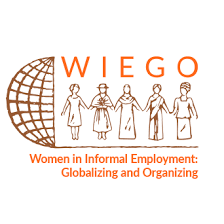A Women in Informal Employment Globalizing and Organizing (WIEGO) report has found that more than half of Ghanaian household earnings are spent on food.
The report disclosed that despite households spending over half of their earnings on food, workers from the focus groups said they have had to reduce their food consumption in order to cope with rising costs of living brought about by inflationary pressures, high levels of government debt, etc.
“Food was the most important expense in workers’ households. A typical worker in the focus group was spending over half of the household earnings on food, consistent with the behaviour of the lowest quintiles in Ghana. Even when making cuts to other non-essential items, workers from all sectors reported reducing food consumption to cope with rising costs. In turn, this can lead to short- and long-term impacts on food security and nutritional diversity.”
Entitled, ‘Navigating Inflation: Impacts of the Cost-of-Living Crisis on Workers in Informal Employment in Accra, Ghana,’ the report also found that education comes in second to food, taking over almost a third of the household earnings.
“Education was the most important cost for workers after food. Within the focus groups, a typical worker with children spent almost a third of the household earnings on education. Common coping mechanisms to face rising school fees were incurring debt, using business capital or reducing food consumption, opting for public education or schools with daily fees, and renting textbooks.
“Especially among waste pickers, one of the lowest-earning sectors, workers said education was the most challenging cost element but one that could not be foregone given the implications for their children’s well-being and the possibility of breaking the intergenerational cycle of poverty.”






